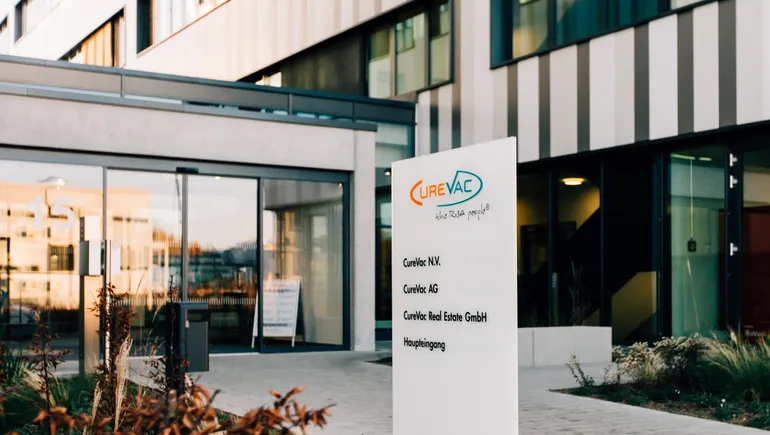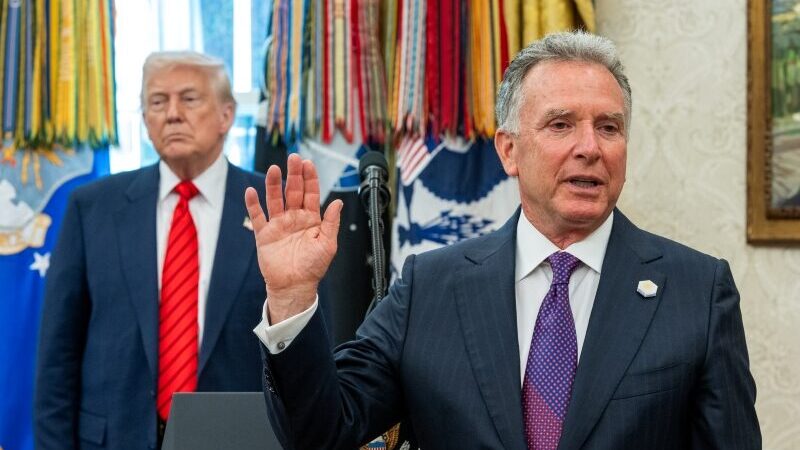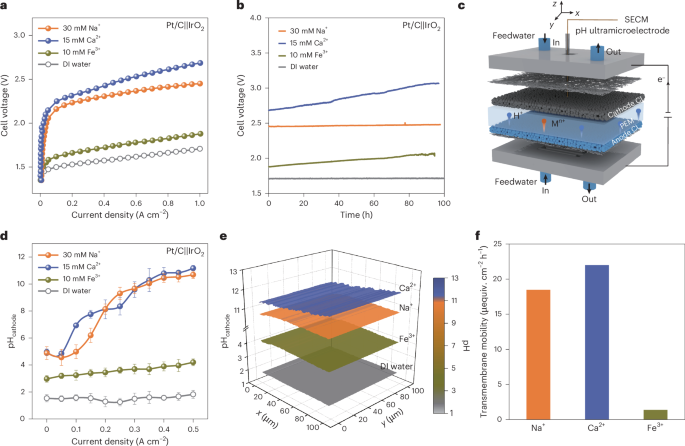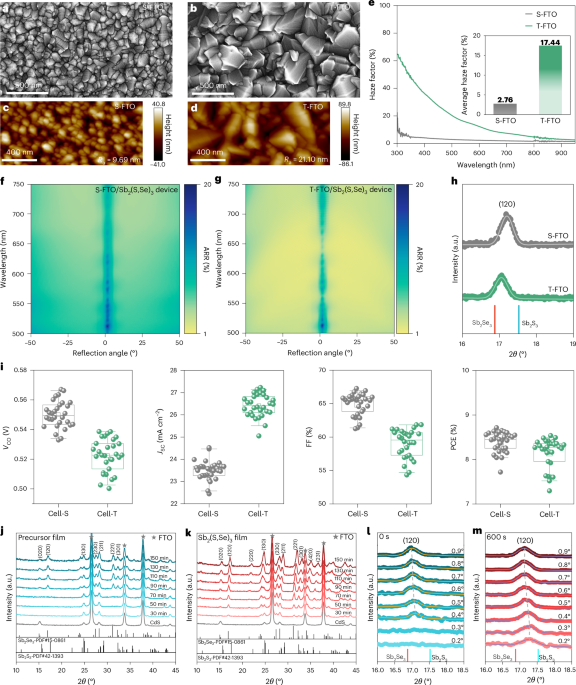STAT+: Pharmalittle: We’re reading about Trump and drug prices, Gilead trial delays, and more
Trump administration officials are expected to release more details on their plan to lower prescription drug prices in the coming days

Hello, everyone, and how are you today? We are doing just fine, thank you, especially since the middle of the week is already upon us. After all, we have made it this far so we have decided to hang on for another couple of days. And why not? Given the likely alternatives, this seems to be a reasonable decision. To make the time fly, we are firing up the trusted coffee kettle and brewing another cup of stimulation. Our choice today is tiramisu, a tasty proxy for the real thing. But now, the time has come to get cracking. Here are a few items of interest to help you get started. We hope you have a lovely day, and do keep in touch. Feedback, tips, suggestions — and of course, criticism — are always welcome. …
Trump administration officials are expected to release more details on their plan to lower prescription drug prices in the coming days and have been meeting with pharmaceutical industry leaders about the potential impacts. And the drug companies, in turn, have been gaming out possible scenarios — and strategizing how they may respond to the White House, STAT tells us. Administration officials announced on May 12 a new policy that sought to lower U.S. drug prices to put them in line with what other countries pay, a so-called most-favored nation plan. President Trump signed an executive order that day requiring health secretary Robert F. Kennedy Jr. to set price goals within 30 days, setting the stage for negotiations between the drug companies and the administration. Yet many questions remain about the effort, ranging from which prices the administration will seek to lower to the potential consequences for drug companies if they do not make concessions voluntarily.
The U.S. Food and Drug Administration is planning to use artificial intelligence to “radically increase efficiency” in deciding whether to approve new drugs and devices, The New York Times writes, pointing to one of several top priorities laid out in an article published Tuesday in JAMA. Another initiative involves a review of chemicals and other “concerning ingredients” that appear in U.S. food but not in the food of other developed nations. And officials want to speed up the final stages of making a drug or medical device approval decision to mere weeks, citing the success of Operation Warp Speed during the Covid pandemic when workers raced to curb a spiraling death count. Some aspects of the proposals outlined in JAMA were met with skepticism, particularly the idea that artificial intelligence is up to the task of shearing months or years from the painstaking work of examining applications that companies submit when seeking approval for a drug or high-risk medical device.





















































































![Inside Honeywell’s plan for a new F-35 cooling system [Video]](https://breakingdefense.com/wp-content/uploads/sites/3/2024/07/8509355-1-scaled-e1721820217290.jpg?#)































































